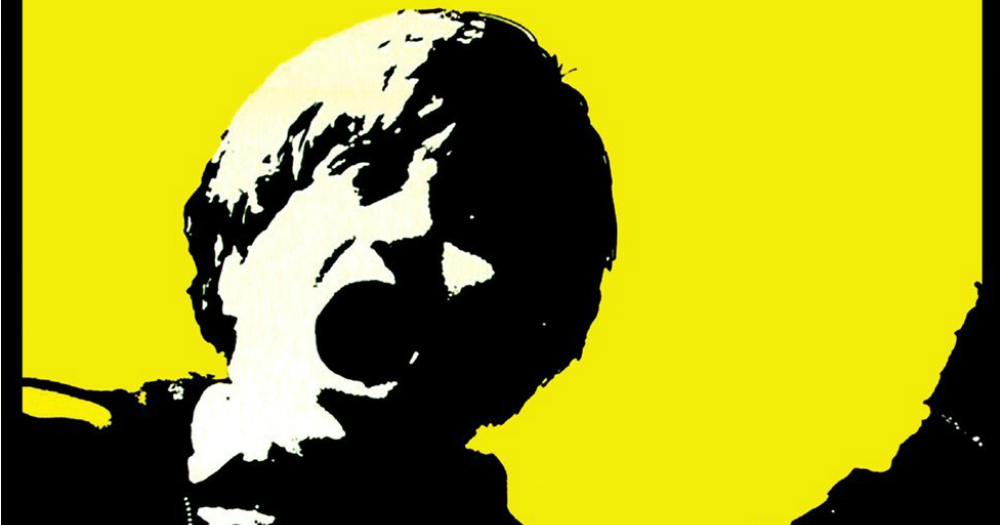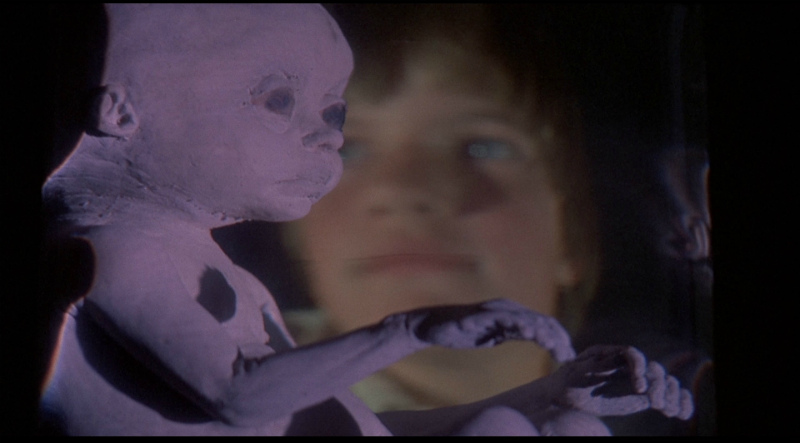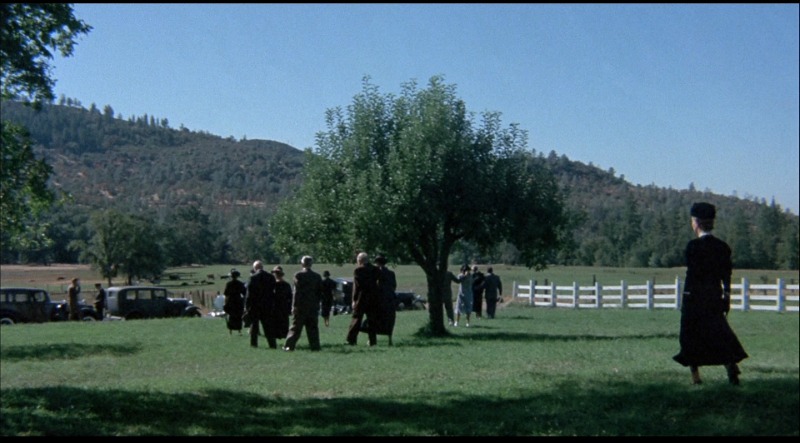
Like his more famous adaptation of To Kill a Mockingbird ten years prior, Robert Mulligan’s 1972 The Other was based on a popular novel about children becoming aware of their moral responsibilities in the Depression-era South. But the two works show just how much had changed in Hollywood over the course of that decade. Gone are the elegiac long takes, favoring instead handheld cameras, zooms, and quicker cuts. In place of Atticus Finch, the moral center of The Other is a wiry-haired old woman who teaches our young protagonist how to develop a telepathic power that may or may not be all too real. And whatever redemption Scout’s world held amidst its tragedy, The Other offers little hope. While both fall loosely into the realm of Southern Gothic, The Other develops here and there into a full-on horror film, albeit one that uses the form to explore the way children internalize grief, guilt, and regret.
Twin brothers Niles and Holland Perry (played, respectively, by real-life identical twins Chris and Martin Udvarnoky in their only film appearances) are inseparable, both to one another and their large family, who regularly refer to Niles – the film’s more central protagonist – as one of a half. When one is present without the other, an absence is felt. Their mother views them tenderly, through a prism of the loss of her husband, a loss no one else seems to acknowledge. But Niles sees further than those around him, sees that the mounting suspicious incidents and even deaths around them are no mere accidents. He believes Holland to be evil. He just doesn’t know how bad he truly is.
There’s a distance between the two of them, close as they may appear. Holland continually tries to rope Niles into his games. Though he has the benefit of shooting both kids in the same frame, Mulligan keeps them separated in every scene, cutting between them as though between diametrically opposed forces. The effect is alternately disorienting and distracting; were one not aware that he had twins on set, the easy suspicion is that he needed to cut around one actor playing both parts. This leaves much of the film feeling a little scattered, one longing for the elegance of a longer take to draw you into Niles’ nightmare.

Once the film does settle into a more defined rhythm, though, such occasional lapses become mesmerizing, more ingrained into the fabric of the film. It’s a considerable aesthetic gambit to leave so much feeling too loose for so long, and the film suffers somewhat for feeling quite directionless for the first hour, but the effect of its many competing elements suddenly coalescing is so powerful that I was ready to excuse it all.
Out soon in a new dual format edition from Eureka! Classics in the U.K., The Other looks quite good on Blu-ray, as much as these sort of early-70s color exercises can. The lighting is fairly indistinct, a few passages aside, but the disc delivers a crisp, clear image with good depth, saturation, and grain texture. Very little damage is apparent, and what’s there only lends the film a certain tactile, handmade quality. (Screencaps come courtesy of DVD Beaver)

Disc supplements are limited to a trailer, but the included booklet sports a very good read of the film by critic Aaron Hillis, and an even better 1972 interview with Mulligan by Terry Curtis Fox for Focus! magazine.
Though it takes some time to come around, I was pretty impressed with where The Other ended up. Not as formally cohesive or emotionally involving as To Kill a Mockingbird, but an interesting, much darker vision of the same milieu and themes. Eureka’s disc offers a cheaper alternative to the pricey Twilight Time edition, while using the booklet to vastly improve on the supplements.


